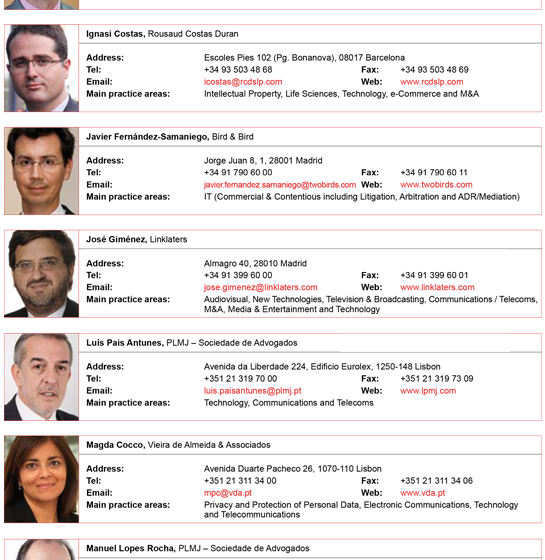Courts in the midst of a cultural clash – Caiado Guerreiro
Despite implementing a wave of reforms to improve Portuguese court procedures, the culture of the judiciary is taking a bit longer to be updated
The last few years have seen a number of initiatives brought in by Portugal in an attempt to speed up its notoriously slow court system, according to João Caiado Guerreiro, Managing Partner of Caiado Guerreiro & Associados. And this has meant a backlog of cases in excess of one million.
Recent examples of reforms include a new Voluntary Arbitration Law, which came into force in March 2012, and created a more bespoke arbitration system in Portugal – historically there was quite a lot of overlap and confusion with the judicial courts. Indeed many arbital hearings were appealed to the judicial courts.
Other reforms included the withdrawal of the multiple appeal process, which had resulted in a great deal of unfounded appeals, says Caiado Guerreiro, as well as two new courts exclusively hearing intellectual property (IP) and competition disputes respectively.
The most recent new rule came into force on September 1st, 2013, when a new Code of Civil Procedure became effective.
The code brought in ‘Principles of Management Procedure’, which reduced the amount of paperwork that needs to be filed in a case as well as the number of hearings and meetings that needed to be attended by parties.
“The new Code was not a revolution but a very important evolution,” explains Caiado Guerreiro. “It gives judges much more power in how to direct cases and process them as quickly as possible.”
Caiado Guerreiro says that the biggest change in the new system, however, is that the entire judicial system is now online.
All documents and briefings can be accessed by lawyers, court officials and judges remotely rather than having to be tracked down and viewed in person.
The e-system can now also monitor how long cases take.
“All these changes, especially the new IT system, are to be welcomed and should go some way to speeding up the court system – it reflects the business world,” he adds.
“Law firms can have telephone or video conferences almost anywhere in the world relatively cheaply, and information is also available at the touch of the button, so it is good that the Portuguese courts have finally moved out of the approach from the 1930s.”
Caiado Guerreiro, however, believes that the key issue is how judges will react to the changes. Much of the judiciary, especially the more senior judges, have a very traditional approach to the law and technology. In other words, it is less about the changes to the law than the ability to change the culture and attitude of judges, he says.
“The old system is changing and the judges have to change with it. This IT system makes it compulsory to change as each case goes into the system and the authorities can see how each judge is performing in terms of caseload progression,” he explains. They are given terms for deciding cases as well as deadlines so those judges deemed to be performing badly could find themselves under pressure.”
The cultural shift is already becoming apparent with the younger generation of judges, Caiado Guerreiro adds. “There is a feeling that some of them are uncomfortable with the opinion that the judiciary is held in by the Portuguese public; not for corruption or making the wrong decisions but the inefficiency in reaching a decision within a decent timeframe.”
The challenge is that the Portuguese courts are a top-down system. The supreme courts, by their very definition, hold more power and thus have more senior judges in them, he explains.
As such, it may take more time for the changing sentiment to become evident in the higher echelons of the courts system.
“It is all well and good bringing in major court reforms, however the biggest reform still needs to be cultural,” Caiado Guerreiro concludes.
“It will take time for the court reforms to improve the procedures and efficiency of litigation but it may take even longer to alter and improve the judges’ approach to litigation.”












